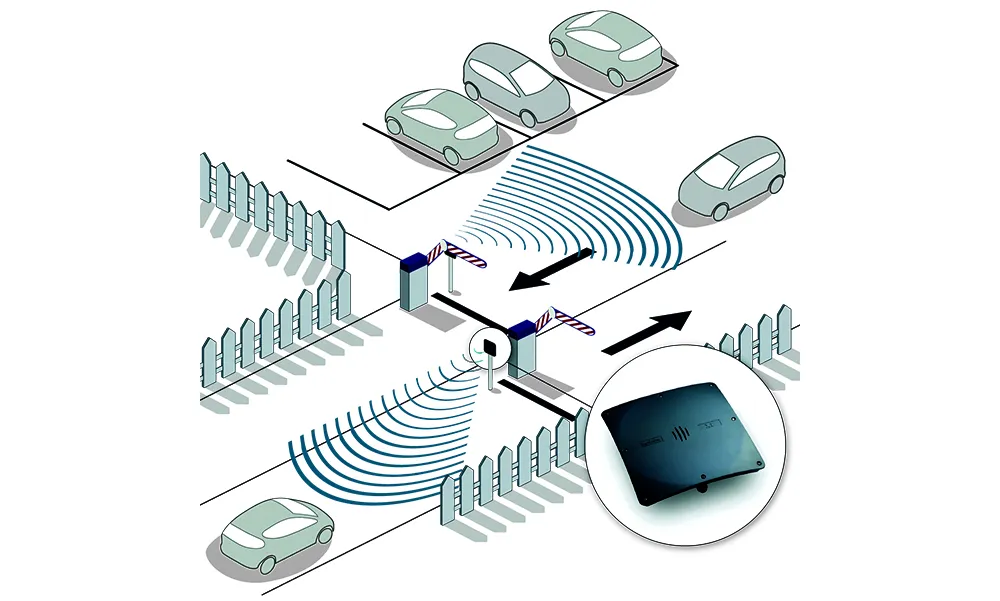Figures obtained by the Institute of Advanced Motorists (IAM) show that, over the last decade, speeding is still the biggest motoring-related offence where the defendant is found guilty in court.
The numbers of those found guilty have risen sharply in the past 12 months – from 115,935 to 148,426, an increase of 28 per cent, the highest number since 2005. The 2014 figures were two per cent greater than 2004.
The next highest offence where defendants were found guilty was vehicle insurance-related crime
October 1, 2015
Read time: 2 mins
Figures obtained by the 6187 Institute of Advanced Motorists (IAM) show that, over the last decade, speeding is still the biggest motoring-related offence where the defendant is found guilty in court.
The numbers of those found guilty have risen sharply in the past 12 months – from 115,935 to 148,426, an increase of 28 per cent, the highest number since 2005. The 2014 figures were two per cent greater than 2004.
The next highest offence where defendants were found guilty was vehicle insurance-related crimes, although the percentage has fallen dramatically since 2004. Some 118,254 people were found guilty in court of this, seven per cent up on 2013 but 84 per cent down on a decade ago, when 218,142 were found guilty.
The figures, obtained by the IAM from the Ministry of Justice, also show that vehicle registration and excise duty offences and driving with alcohol in the blood above the legal limit are both offences that have fallen in huge numbers in the past ten years.
Other offences with a large number of guilty verdicts other than speeding are neglecting road regulations at 16,951 in 2014 (up 2 per cent from 2013), using or causing others to use a mobile phone whilst driving at 16,025 (down eight per cent from 2013) and driving licence-related offences at 15,982 (down 1ten per cent from 2013).
New offences such as causing serious injury by dangerous driving are also showing signs of more widespread use which reflects the life changing nature of these crimes.
Sarah Sillars, IAM chief executive officer, said: “We can see from these figures that as the UK comes out of recession traffic levels have risen, speeding appears to be becoming more prevalent and regrettably casualties are rising again. The government and police forces cannot afford to take their eye off the ball and more visible policing is, in our view, the key way to ensure that people don’t think they can get away with speeding.
“In addition local campaigns must remain high-profile to make sure drivers don’t get complacent, or forget that speed can kill.”
Sillars added: “On a positive note, the joining up of databases across agencies and the increased use of number plate recognition cameras means some motoring crimes have fallen in big numbers.”
The numbers of those found guilty have risen sharply in the past 12 months – from 115,935 to 148,426, an increase of 28 per cent, the highest number since 2005. The 2014 figures were two per cent greater than 2004.
The next highest offence where defendants were found guilty was vehicle insurance-related crimes, although the percentage has fallen dramatically since 2004. Some 118,254 people were found guilty in court of this, seven per cent up on 2013 but 84 per cent down on a decade ago, when 218,142 were found guilty.
The figures, obtained by the IAM from the Ministry of Justice, also show that vehicle registration and excise duty offences and driving with alcohol in the blood above the legal limit are both offences that have fallen in huge numbers in the past ten years.
Other offences with a large number of guilty verdicts other than speeding are neglecting road regulations at 16,951 in 2014 (up 2 per cent from 2013), using or causing others to use a mobile phone whilst driving at 16,025 (down eight per cent from 2013) and driving licence-related offences at 15,982 (down 1ten per cent from 2013).
New offences such as causing serious injury by dangerous driving are also showing signs of more widespread use which reflects the life changing nature of these crimes.
Sarah Sillars, IAM chief executive officer, said: “We can see from these figures that as the UK comes out of recession traffic levels have risen, speeding appears to be becoming more prevalent and regrettably casualties are rising again. The government and police forces cannot afford to take their eye off the ball and more visible policing is, in our view, the key way to ensure that people don’t think they can get away with speeding.
“In addition local campaigns must remain high-profile to make sure drivers don’t get complacent, or forget that speed can kill.”
Sillars added: “On a positive note, the joining up of databases across agencies and the increased use of number plate recognition cameras means some motoring crimes have fallen in big numbers.”










